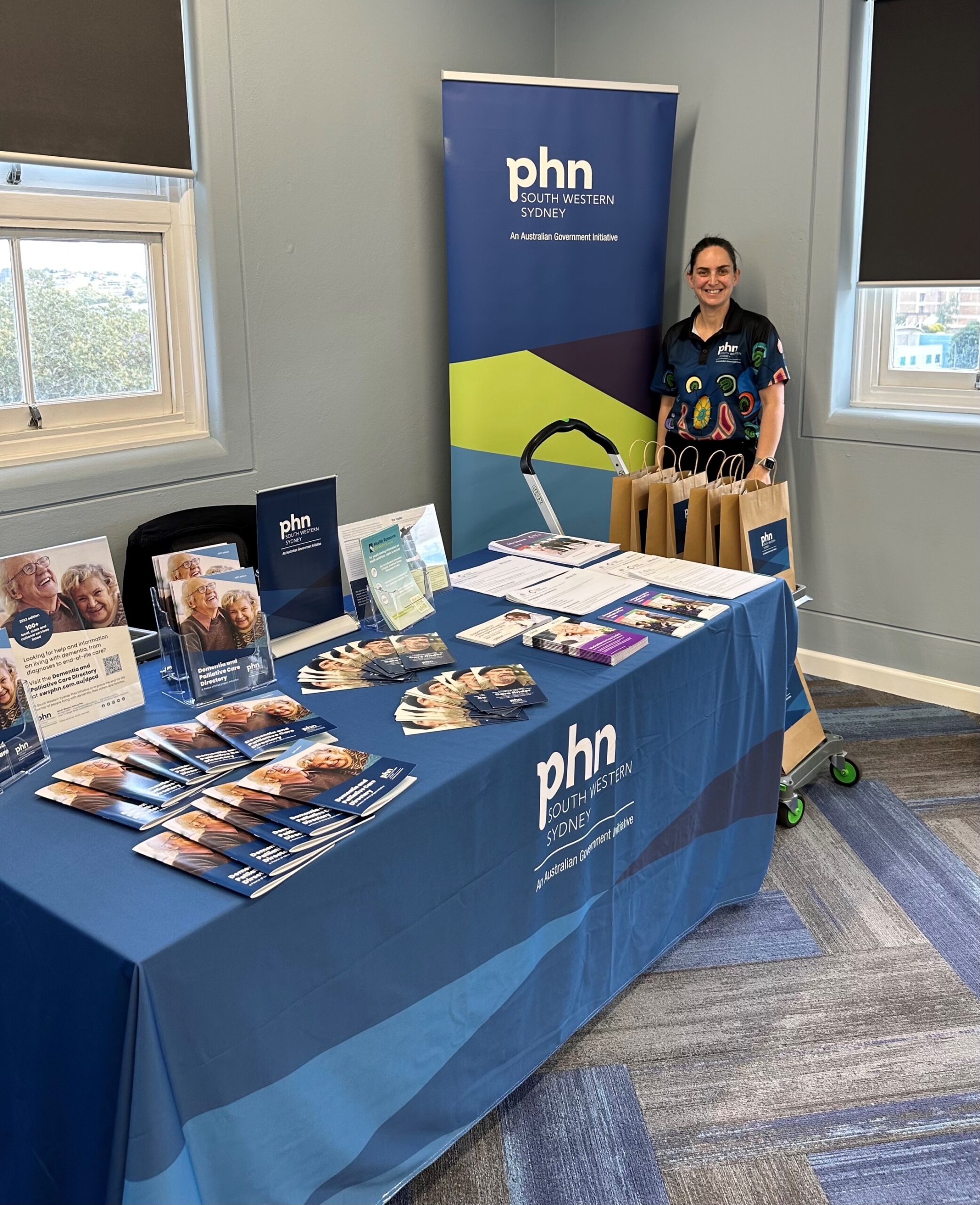21 March 2023

Working with aged care providers and people living in aged care homes has always been a labour of love for nurse and owner of The Practice Bundanoon, Jessie Beresford.
Jessie tells us about her passion project in this edition of Spotlight on General Practice.
Why did the team at The Practice begin working with the local aged care facility to assist the community to access better healthcare?

As a manager at a local aged care facility, current practice nurse and practice owner, Jessie (pictured right) found her passion and drive for improving health outcomes for residents of residential aged care homes in the region.
Still working in Wingecarribee, but moving into primary care, continuing this care was a no brainer for Jessie and her practice staff.
As well as going into aged care facilities, The Practice has taken on more than 20 new patients who are residents in aged care homes locally, to provide a deeper level of care. This trust and ongoing commitment to continuity of care has allowed for a number of changes to take place in this area.
What does this involve?
One day a week, on a Tuesday afternoon, Jessie will visit the local aged care home to chat with residents about their health. These sessions can include anything from discussing patient care plans, blood pressure checks, mental health checks or simply chatting with residents to let them know what options they have during this time of their lives in regard to ongoing care and support.
This support helps to take the burden off registered nurses working at aged care homes who are often overworked and simply don’t have the resources available to take the extra time to chat with residents.
Why is the work to support this community important? And what has this achieved?
An advocate for aged care, Jessie believes it is important to let older people know what they are entitled to and what their options for care are as they age. Families, carers and patients should have all the necessary tools to guide the older person through their later stages.
Information is available online and sometimes at general practices or libraries, but it’s about knowing what is useful and what can help the patient to make informed decisions about their own health and the care they wish to receive is vital. Visiting the aged care home allows for this transfer of information and having patients cared for at The Practice allows for continuity of care.
Further supporting her work at the aged care home, Jessie’s role as a practice nurse is to ask the important questions during her over 75s health checks for all patients around this age: Do you have a Will? Do you have a Power of Attorney? Have you got a next of kin? And so on. It is important to make sure these documents are up-to-date and easily accessible prior to the patient being placed in an aged care home.
Through this care, residents living in Wingecarribee are given the autonomy to make their own decisions about their care and what they would like to happen as they age. Carers and families are given peace of mind and the tools to ensure the best outcome.
What is the biggest challenge of the role and how can it be overcome?
A lack of funding. The role is essentially being a liaison for the person, or the conduit between them and the right care plan for now and in the future. The work is time consuming and not everyone in the region can be cared for due to these constraints.
The care doesn’t end after the information session ends at the aged care home – there is a lot of follow-up with phone calls, emails and check-ins taking place for each individual.
What is the most rewarding aspect of being a practice nurse and facilitating care for such a diverse population?
Knowing older people are safe, this includes the reassurance and increased knowledge for the older people, their families and their carers.
What is the best way to educate people living and working in aged care facilities about the importance of maintaining good health?
Communication and education for families, working with the deputy managers at aged care homes to assess the needs of people living in the area each week.
Education typically consists of assisting with the next stages, including where to refer the patient, wound management, palliative care management and behaviour management.





